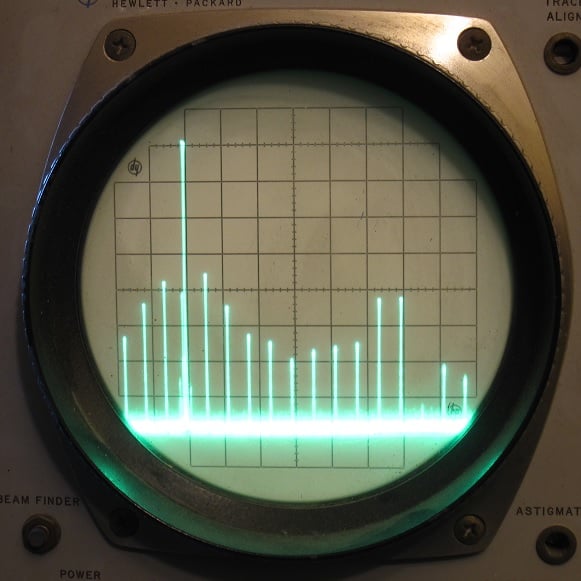Weekly, just before the weekend so if there is any problems I can spend my weekend looking into it
When I think of it. Every few days on average, sometimes weeks though.
I’ve blindly updated a year+ old Arch install without introducing problems. Not saying they don’t ever happen, but it isn’t that common.
Every day. There’s no point being an a bleeding edge distro if you’re not riding the edge 🤣
The horror of rebooting every day.
It takes about ten seconds. Thirty or so if you include all my running programs restarting
I shut everything down at the end of the day. Takes <30 seconds to boot up so it’s not really an issue
The horror is not how long booting takes, but rather if it’ll work
Ahh, fair. I’ve been running a fedora atomic distro for a while so that’s not really somebing I worry about anymore.
The horror is not how long booting takes, but rather if it’ll work
I’ve been patching and bouncing hundreds of machines automatically. The first decade, I was concerned and then merely observant. It’s been so reliable that I just stopped being concerned for the second decade. The last 5 years have been very occasionally (1%) unreliable, thanks to Lennart’s cancer, but not enough that I need to give it more than a glance. EL10 is a bit of a shitshow, so maybe the slow trend since el7 is continuing.
Every day.
The horror of rebooting every day.
Linux doesn’t need reboots for regular stuff. Proper packages can update everything from sendmail to syslog and not need a bounce.
The only time you need a bounce is
- the kernel, but with tech since 2001 that’s not even required immediately
- if you glance funny at dbus or systemd
That’s almost it.
Kernel updates constantly on my distro. And with all the other various library and service updates it’s usually simpler to just reboot than restart everything individually anyway. So 9 times out of 10 I’m rebooting on an update.
I update every day. Things rarely go wrong. When they do, it’s fixing time, which I kinda enjoy. Only when I know that I really need the computer to work at next boot, will I delay updating.
It’s not about worrying something will go wrong at boot, it’s just about the annoyance of losing my session.
Every week or two, or month, or two. 🙃
every 7 days
Or if I hear about a security update.
That’s what I’m doing as well, seems like a good compromise.
Infrequently (when I remember)
Whenever I’m bored and can’t think of anything else to do
Every few days on the machines I use daily, but I have a couple spare laptops which I only use infrequently, and I usually don’t run into any major problems when I have to make a big set of updates on a machine I am using for the first time in a few months.
When I remember, or when something breaks
twice or thrice a day. i have seen problems happening if you wait more than week (signatures not matching and stuff). Also I have a mostly automated setup (essentially sudo password read from password manager into std input of sudo -S sh -c "yes | pacman -Syu ", yes command will update the packages.) since i manually trigger it, if i know i do not have internet or not in a situation to deal with it in case something goes wrong (last happened more than 2 years ago), then i do not. I also see the command’s output which lists all packages updated, so if there is something that requires reboot, i will reboot soon.
Counter-question: how do linux releases roll?
Daily, or on machines I don’t use daily, every time I boot into it
Generally as I get a notification that packages are available. The exception is probably if there’s a new kernel and I don’t feel like rebooting.
I usually run updates every night before I shut down my computer. Probably in part a leftover from the time I used Gentoo and I’d leave my computer on over night compiling updates. I’m not saying this is the optimal way, it just feels right for me.
I update Portage almost daily but do the actual package updating kind of every week - it depends on how many packages are (or how big they are) to be updated












